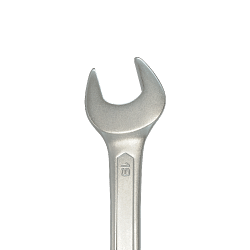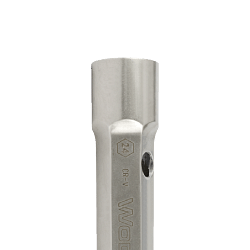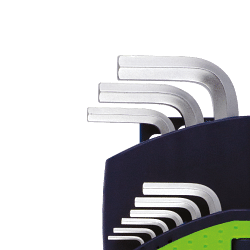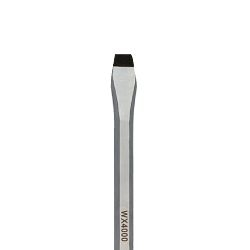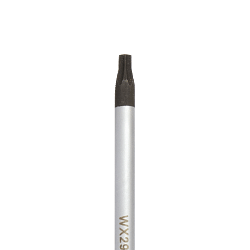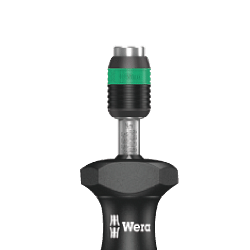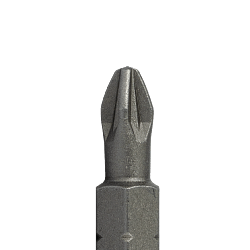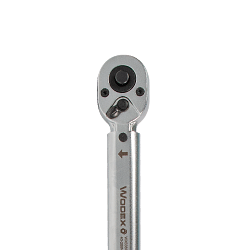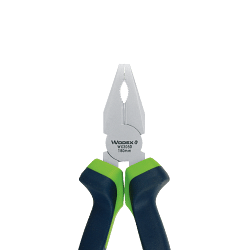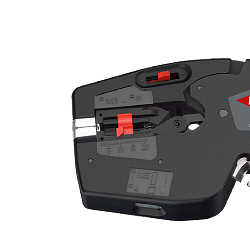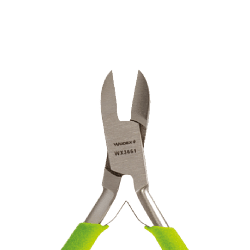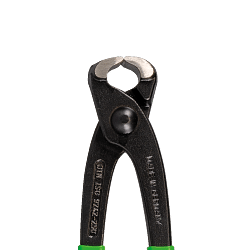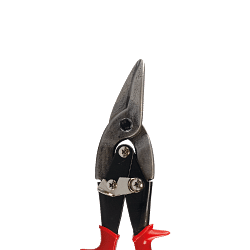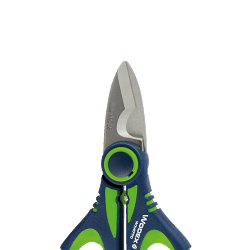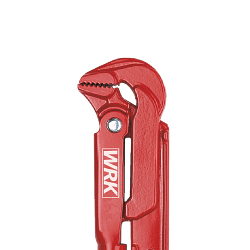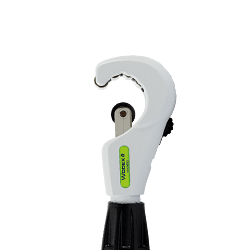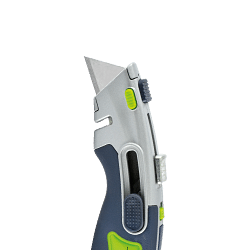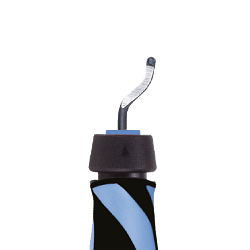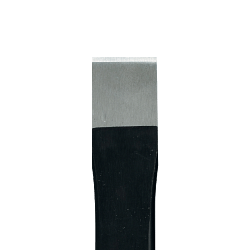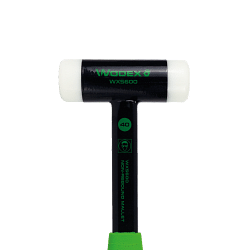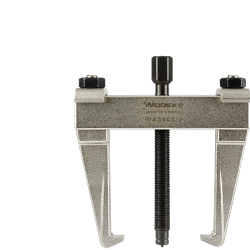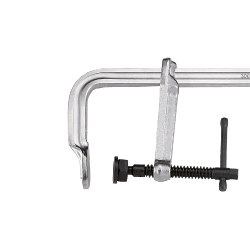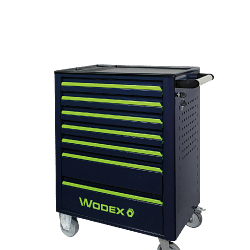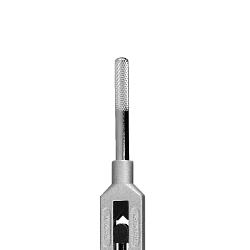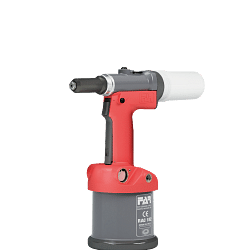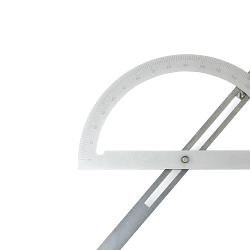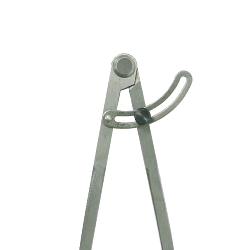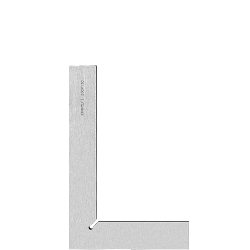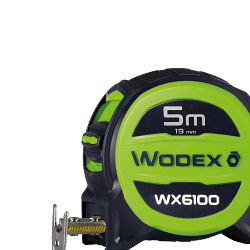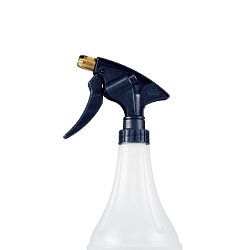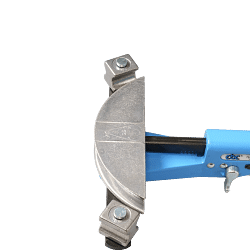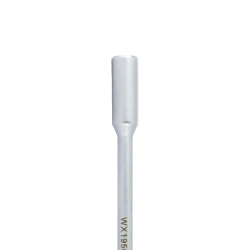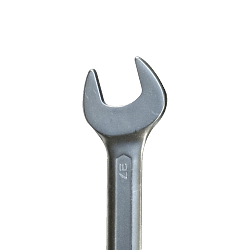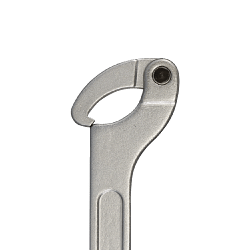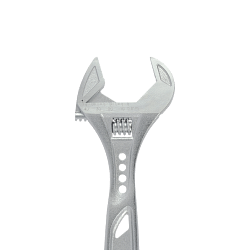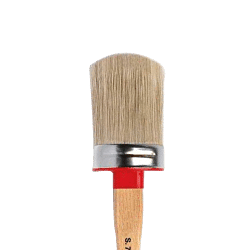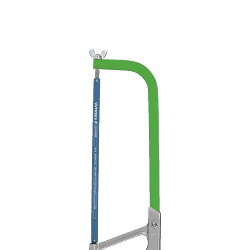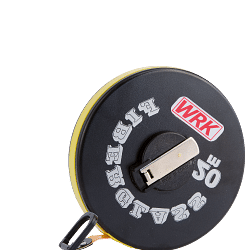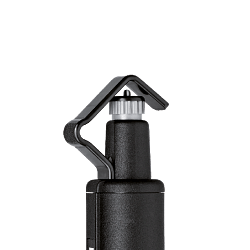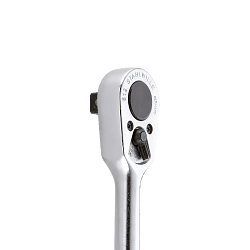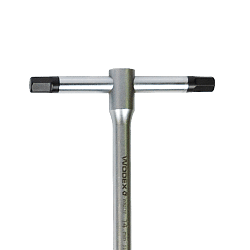Register and use the discount code NEWWELCOME to get 10% off on your first purchase. GET DISCOUNT.
Register and use the discount code NEWWELCOME to get 10% off on your first purchase. GET DISCOUNT.
Register and use the discount code NEWWELCOME to get 10% off on your first purchase. GET DISCOUNT.
Free shipping in 24h from 200€
Catalogues
Customer service
How can we help you?
- Faq
- Customer service
02.927371
- Supporting big orders
02.38298620
-
info@linkindustrialtools.it
- Request assistance with form
Or contact us with the chat in the lower right corner
- All products
 Integral cutting tools
Integral cutting tools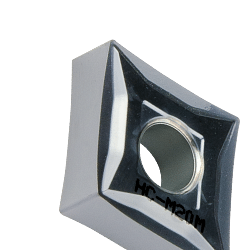 Turning tools
Turning tools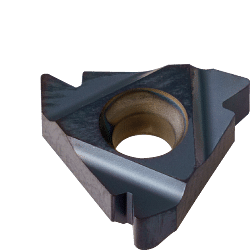 Thread tools
Thread tools Thread tools
Thread tools- All products
- Thread inserts
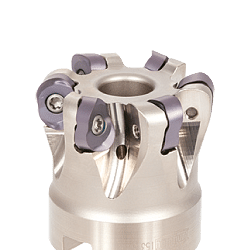 Milling cutters
Milling cutters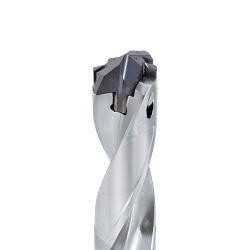 Drilling tools
Drilling tools Drilling tools
Drilling tools- All products
- Indexable drill bits
- Indexable drill heads
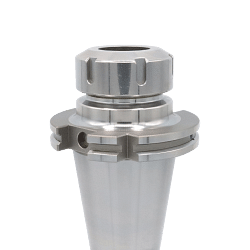 Clamping systems
Clamping systems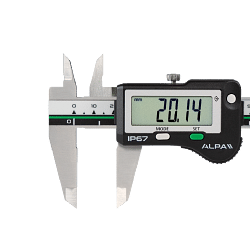 Measuring and precision tools
Measuring and precision tools Measuring and precision tools
Measuring and precision tools- All products
- Digital calipers with readings to 0.01
- Analogue calipers
- Digital micrometers
- Analogue micrometers
- Bore gauges
- Snap gauges
- Digital gauges
- Analogue gauges
- Touch probes
- Zero setters and edge finders
- Inspection plates
- Altimeters
- Height gauges
- Squares and levels
- Threaded rings
- Gauge blocks
- Calibrated tapes and thickness gauges
- Digital and analogue hardness testers
- Roughness testers
- Microscopes, lenses and visors
- Digital thermo-hygrometer to measure moisture
- Reset benches
- Optical profile projector
- Professional, digital dynamometers
- Laboratory scales
- Digital amperometric pliers
- Thickness and adhesion gauges
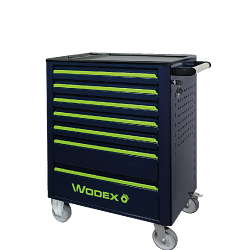 Hand tools
Hand tools Hand tools
Hand tools- All products
- Combination wrenches
- Spanners
- Hook wrenches
- Tubular wrenches
- Hexagon keys
- Torx wrench
- Socket wrenches
- Screwdrivers
- Torque wrenches
- Torque screwdriver
- Inserts and bits for screw drivers
- Tool trolleys
- Workshop pliers
- Wire strippers
- Cable strippers
- Cutting nippers
- Professional scissors
- Nippers
- Professional shears
- American or Swedish pipe wrench
- Adjustable wrench
- Pipe tools
- Pipe cutter for plumber
- Cutter
- Hacksaws
- Deburring tools
- Chisels
- Hammers and mallets
- Mechanical and conical pullers
- Clamps
- Tap wrenches and die stocks
- Riveters
- Flexometers
- Tape measures
- Markers
- Flat squares and rulers
- Professional dividers
- Professional protractors
- Brushes
- Lubricators and spray nozzles
- T-wrenches
- Reversible ratchets
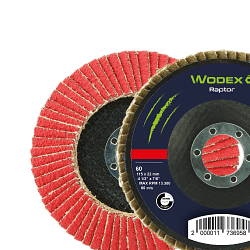 Abrasives
Abrasives Abrasives
Abrasives- All products
- Cutting discs
- Deburring grinding wheel
- Flap discs
- Fabric discs for surface treatment
- Abrasive fibre discs with Velcro
- Abrasive cloth in rolls, sheets and bands
- Flap wheels with pin and abrasive wheel with hole
- Abrasive wheels for buffing machines
- Abrasive spiral bands
- Abrasive brushes
- Flexible sanders
- Mounted grinding discs
- Polishing felt
- Solid carbide rotary cutters
- HSS rotary cutters
- Abrasive wheels for sharpening and grinding
- Diamond grinding wheels
- Grinding stone
- Diamond paste
- Abrasive stones
- Files and rasps
- Diamond files
- Grinders and polishing equipment
 Lubricants for machine tools
Lubricants for machine tools Lubricants for machine tools
Lubricants for machine tools- All products
- Water-miscible coolants
- Neat cutting oil
- Minimal lubrication systems
- Oil for guides and slides
- Drums of hydraulic oil fluid
- Anti-freeze for machine tools
- Air coolers
- Oil separator
- Powders and absorbents for oil
- Aspirators for oil mist
- Accessories for cooling lubricants
- Metal and mould protectors
- Grease and paste
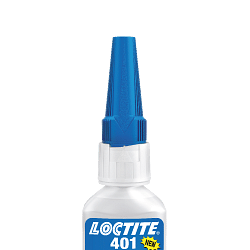 Chemical, adhesives and sealants
Chemical, adhesives and sealants Chemical, adhesives and sealants
Chemical, adhesives and sealants- All products
- Acrylic, cyanoacrylate and epoxy adhesives
- Guns and silicon sealant
- Threadlocker
- Sealants and retainers
- Release agents, lubricants and anti-seize
- Zinc spray and polishes
- Lubrication accessories
- Protections for maintenance
- Industrial Cleansing
- Handwash
- Industrial cloths and rags
- Welding machines
- Electrodes
- Clamps, shields and welding masks
- Antispatter
 Safety equipment
Safety equipment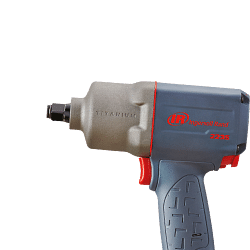 Pneumatics
Pneumatics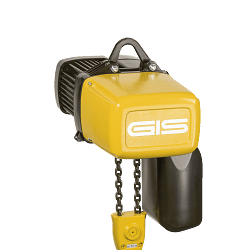 Lifting systems
Lifting systems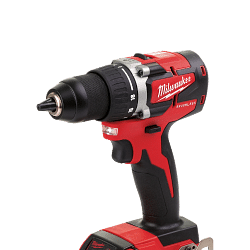 Workshop equipment
Workshop equipment Workshop equipment
Workshop equipment- All products
- Column and bench drills
- Accessories for lathes
- Band saws
- Cut-off machines
- Bench grinders
- Power tools
- Spare parts and accessories for Power Tools
- Saws and hole cutters: wood, metal and plasterboard
- Tapered cutters for sheet metal
- Industrial aspirators
- Fume aspirators
- Bench vices
- Technical lamps
- LED torches
- Industrial cable winders
- Trolley wheels
- Quick clamps
- Threaded inserts
- Control knobs
- Packaging accessories and material
- Belt sanders
- Electric tapping machines
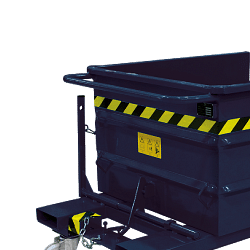 Furnishings and storage
Furnishings and storage Furnishings and storage
Furnishings and storage- All products
- Work benches
- Swivel chairs for office use
- Drawer units for workshops
- Industrial cabinets for warehouses and workshops
- Tool cabinets
- Security cabinets
- Changing room cabinets
- Containers for small metal parts
- Scrap holders
- Workshop trolleys
- Spill pallets for drum storage
- Shelves for warehouses and offices
- Cantilever shelving
- Aluminium ladders
- Modular plinths
- Units and cabinets for waste recycling
 Brand
BrandPromotions
 Bestseller
Bestseller- Catalogues
-
Catalogues
Customer service
How can we help you?
- Faq
- Customer service
02.927371
- Supporting big orders
02.38298620
-
info@linkindustrialtools.it
- Request assistance with form
Or contact us with the chat in the lower right corner
< Hand tools
- Home
- Hand tools
- Hammers and mallets
Hammers and mallets
In the beating heart of machine shops, where precision and efficiency are paramount, hammers and mallets are indispensable tools. These often underestimated tools play a crucial role in a wide range of industrial applications, from metalworking and construction to the maintenance of complex machinery. In this in-depth look, we will explore the distinctive features of hammers and mallets, their use in machine shops, the advantages they offer, and answer some of the most frequently asked questions about these essential tools.
Distinctive features of hammers and mallets
Hammers and mallets, although similar in their primary function of striking, have significant differences that determine their specific use. Hammers are generally lighter and have a steel head designed to deliver a precise and powerful impact. They are ideal for jobs requiring precision, such as metal forging or the assembly of mechanical components.
Hammers, on the other hand, are characterised by a larger and heavier head, often made of materials such as rubber, wood or plastic. This design allows the force to be distributed over a larger area, reducing the risk of damaging more delicate materials. Hammers are particularly useful in applications requiring controlled impact, such as the installation of sensitive components or the machining of fragile materials.
Use in machine shops
In machine shops, hammers and mallets are everyday tools that facilitate a wide range of operations. Hammers are often used for forging, a process that requires precise blows to shape metal at high temperatures. Their ability to concentrate force in a specific point makes them ideal for this type of work.
Mallets, on the other hand, are used in operations that require a more delicate touch. For example, during the assembly of complex machinery, rubber mallets can be used to align components without damaging them. In addition, they are essential for the maintenance of equipment that requires a controlled impact to avoid damage.
Advantages of using hammers and mallets
The use of hammers and mallets in machine shops offers numerous advantages. Firstly, their versatility allows a wide range of tasks to be tackled with a single set of tools. Whether shaping metals or assembling components, these tools are designed to adapt to different operational needs.
In addition, efficiency is another key advantage. Hammers and mallets allow operations to be performed quickly and accurately, reducing the time needed to complete jobs. This translates into higher productivity and, consequently, increased profitability for machine shops.
An additional benefit is safety. The use of mallets made of soft materials reduces the risk of injury, as it minimises bouncing and direct impact on materials. This is especially important in work environments where safety is a top priority.
Frequently asked questions about hammers and mallets
1. What is the main difference between a hammer and a mallet?
The main difference lies in structure and use. Hammers have a steel head and are designed for precise and powerful blows, while mallets have a larger and heavier head, often made of soft materials, for controlled impact.
2. What are the most common materials used for mallet heads?
Mallet heads are commonly made of rubber, wood or plastic, materials that allow the force to be distributed over a larger surface area without damaging the worked materials.
3. How do I choose the right hammer or mallet for a specific job?
The choice depends on the type of work. For tasks requiring precision and strength, a steel hammer is ideal. For work requiring gentle impact, a rubber or plastic mallet is more appropriate.
4. What safety precautions should be followed when using hammers and mallets?
It is important to wear personal protective equipment such as goggles and gloves. Also, make sure that the tool is in good condition and that the working area is free of obstacles.
5. Can hammers and mallets be used outdoors?
Yes, both tools can be used outdoors, but it is important to choose weatherproof materials to ensure the durability and effectiveness of the tool.
In conclusion, hammers and mallets are essential tools in machine shops, offering versatility, efficiency and safety. Understanding their characteristics and use can significantly improve daily operations, contributing to the overall success of industrial activities.
Read More Read LessDistinctive features of hammers and mallets
Hammers and mallets, although similar in their primary function of striking, have significant differences that determine their specific use. Hammers are generally lighter and have a steel head designed to deliver a precise and powerful impact. They are ideal for jobs requiring precision, such as metal forging or the assembly of mechanical components.
Hammers, on the other hand, are characterised by a larger and heavier head, often made of materials such as rubber, wood or plastic. This design allows the force to be distributed over a larger area, reducing the risk of damaging more delicate materials. Hammers are particularly useful in applications requiring controlled impact, such as the installation of sensitive components or the machining of fragile materials.
Use in machine shops
In machine shops, hammers and mallets are everyday tools that facilitate a wide range of operations. Hammers are often used for forging, a process that requires precise blows to shape metal at high temperatures. Their ability to concentrate force in a specific point makes them ideal for this type of work.
Mallets, on the other hand, are used in operations that require a more delicate touch. For example, during the assembly of complex machinery, rubber mallets can be used to align components without damaging them. In addition, they are essential for the maintenance of equipment that requires a controlled impact to avoid damage.
Advantages of using hammers and mallets
The use of hammers and mallets in machine shops offers numerous advantages. Firstly, their versatility allows a wide range of tasks to be tackled with a single set of tools. Whether shaping metals or assembling components, these tools are designed to adapt to different operational needs.
In addition, efficiency is another key advantage. Hammers and mallets allow operations to be performed quickly and accurately, reducing the time needed to complete jobs. This translates into higher productivity and, consequently, increased profitability for machine shops.
An additional benefit is safety. The use of mallets made of soft materials reduces the risk of injury, as it minimises bouncing and direct impact on materials. This is especially important in work environments where safety is a top priority.
Frequently asked questions about hammers and mallets
1. What is the main difference between a hammer and a mallet?
The main difference lies in structure and use. Hammers have a steel head and are designed for precise and powerful blows, while mallets have a larger and heavier head, often made of soft materials, for controlled impact.
2. What are the most common materials used for mallet heads?
Mallet heads are commonly made of rubber, wood or plastic, materials that allow the force to be distributed over a larger surface area without damaging the worked materials.
3. How do I choose the right hammer or mallet for a specific job?
The choice depends on the type of work. For tasks requiring precision and strength, a steel hammer is ideal. For work requiring gentle impact, a rubber or plastic mallet is more appropriate.
4. What safety precautions should be followed when using hammers and mallets?
It is important to wear personal protective equipment such as goggles and gloves. Also, make sure that the tool is in good condition and that the working area is free of obstacles.
5. Can hammers and mallets be used outdoors?
Yes, both tools can be used outdoors, but it is important to choose weatherproof materials to ensure the durability and effectiveness of the tool.
In conclusion, hammers and mallets are essential tools in machine shops, offering versatility, efficiency and safety. Understanding their characteristics and use can significantly improve daily operations, contributing to the overall success of industrial activities.


